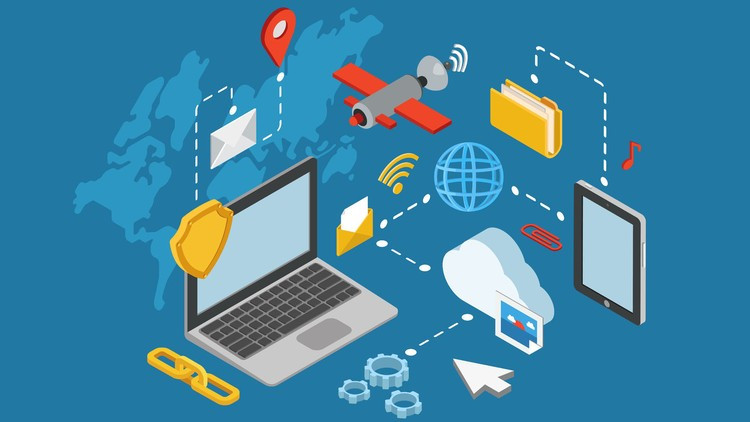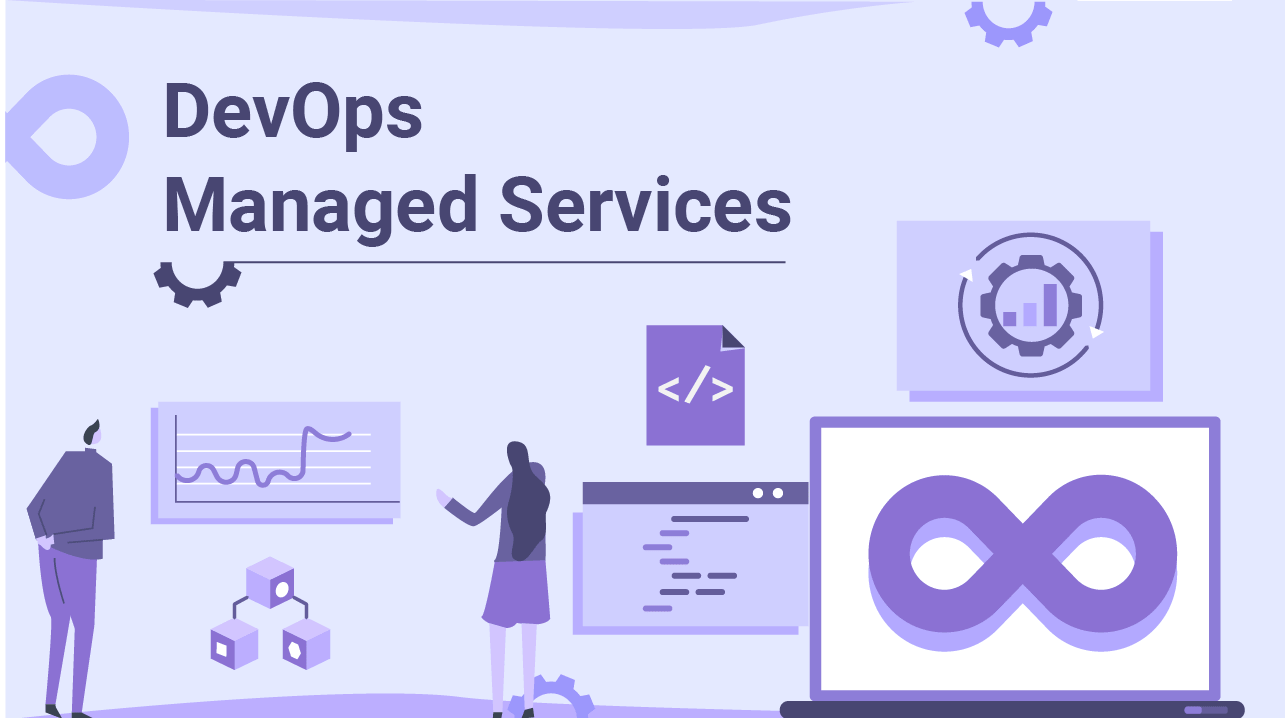Benefits of managed DevOps services
There are multiple benefits to be had from conducting your operations in the cloud. These benefits involve scalability, security, high-availability, etc. However, to get the most out of your cloud investments, you need to adopt the most cost-efficient way of running your IT operations — and this is the DevOps methodology. This is why there is a huge and ever-growing demand for DevOps services. As one of the world-leading DevOps companies, IT Svit covers the benefits of managed DevOps services.
There are three popular approaches to gaining access to the DevOps expertise for your business:
- hiring a DevOps expert in-house or as a freelancer
- paying for technical support from your cloud computing provider
- ordering managed DevOps services from an IT outsourcing provider

There are benefits and downsides to each of them, and below we explore them in more detail.
Hiring a DevOps expert to your team
The most obvious approach to obtaining a DevOps expertise is hiring it in-house or as a freelance. This way you get the benefits of direct control over the employee’s workload and a simple way of selecting the tools in use. The expertise remains within the team — or so it seems?
As a matter of fact, finding a good DevOps engineer is quite hard, even if your business is headquartered in a major startup hub like London or New York. The reasons are quite obvious — the market demand is very high and all the good ones are taken already. Therefore, you might have to settle for the B-grade staff or hire A-grade talents remotely. This means working with freelancers overseas through platforms like Upwork or TopTal — and this has its own inconvenience like time zone differences, in addition to natural distrust of many businesses in providing access to their IT infrastructure to complete strangers.

In addition, even if you succeed in obtaining and retaining a skilled DevOps talent near you — it will cost you time and money to do it. You will have to pay for your HR/recruiter or for the services of a recruitment agency — and if a talent accepts the offer you need to provide the furniture, equipment, office space, appliances and consumables to cover all the staff needs. Finally, nothing of the above guarantees success, as the person you hire might turn out to be not qualified enough, fall ill, demand a vacation or simply quit your employ to go for greener pastures. Therefore, signing up for a technical support from a cloud provider seems a great idea.
Signing up for a technical support
You can receive technical support for free as a customer of any cloud provider, or sign up for dedicated support from the platform or its certified partners. This grants access to skilled professionals and ensures the security of your operations. The downsides, though, include vendor lock-in and having to wait in the queue along with thousands of other customers. This is why many businesses turn to IT outsourcing — and find that it really is the best way to get DevOps services.

Working with an IT outsourcing provider
This approach combines the benefits of the previous two but is free of their downsides. You gain instant access to DevOps services from skilled professionals. You avoid vendor lock-in, as DevOps companies use open-source tools mostly. If you decide to work with an IT service provider from Eastern Europe, their work hours overlap with Western European countries and coincide with the US timezones at least for several hours.
You avoid the expenses on recruitment and retainment of talents, your technology partner handles this. You save time and money, as your team is experienced in delivering similar projects and has ready solutions for typical challenges. And now we come to the point you might actually start with — IT outsourcing company services cost nearly 3 times less, as compared to hiring DevOps engineers in the US and EU. With such benefits of DevOps services — using them is an obvious choce!



